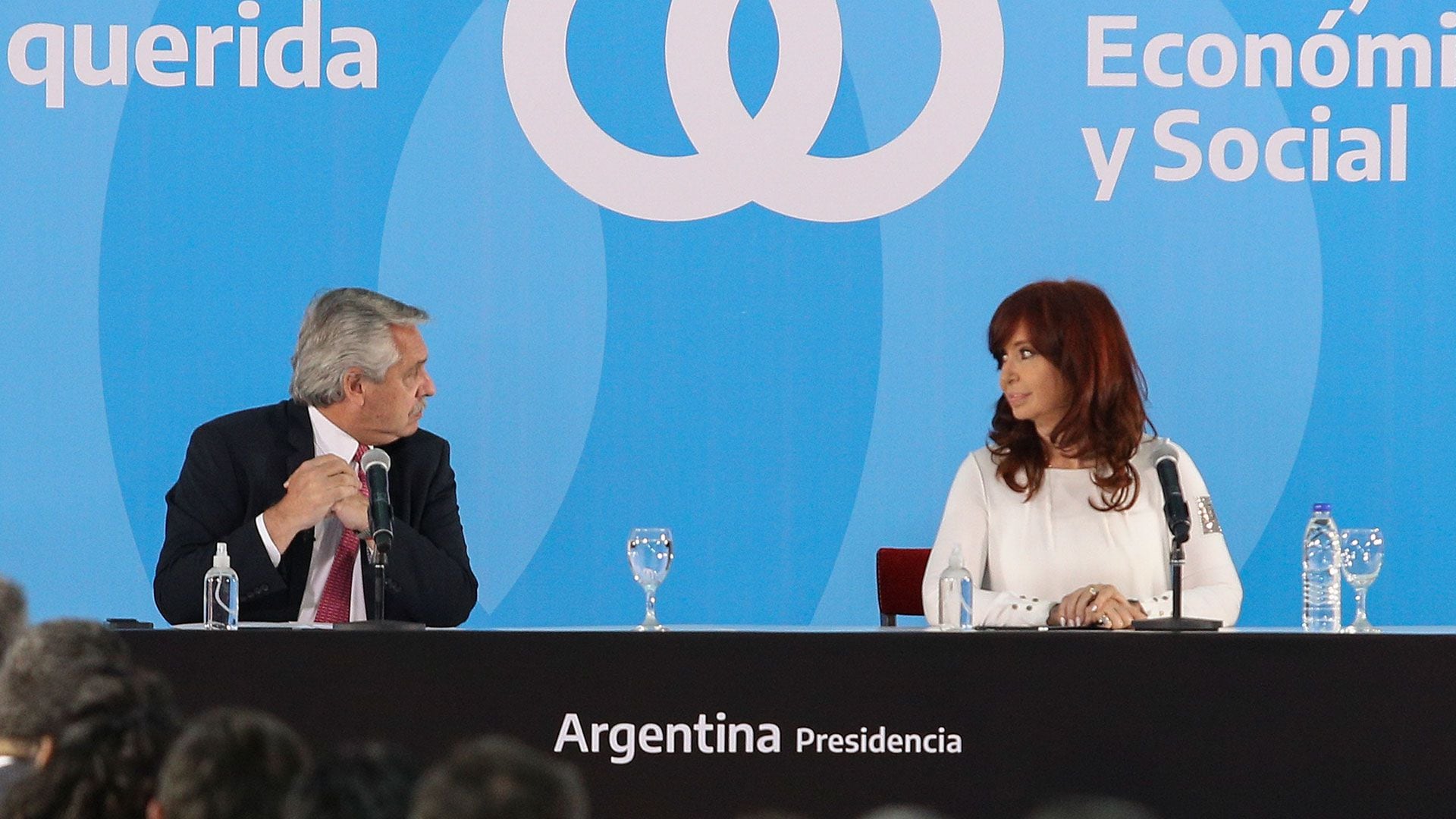
The national deputy and economist Martín Tetaz said that “there is no war against inflation, because the government has an inflationary plan.”
Speaking to Jonathan Viale's program on Rivadavia radio, Tetaz warned that “of course there are risks” of hyperinflation due to the acceleration of prices and the desire of people to “get rid of the pesos”, although he clarified that it will not be imminent.
After the praise he received from former President Mauricio Macri — who called it “the best appearance in politics” in recent times — Tetaz said that the words of the PRO leader do not generate discord within radicalism. “On the contrary, I am of course grateful for the recognition. I think there are many figures in radicalism: Facundo Manes, Martín Lousteau, the governors and former governors, the mayors and legislators. A strong radicalism is very good for Together for Change to return in 2023 with more strength and capacity for transformation.”
Regarding the so-called “war on inflation”, Tetaz said that “there is no war against inflation, because the government has an inflationary plan; it is the only adjustment variable in the agreement with the IMF, in which no fixed target is set”.
“If we annualize February's inflation, it would be 73 percentage points; and March would be worse. In the case of food, I would give you 130 percent annualized,” he explained.
“No government measure is intended to attack the problem of inflation; this is as if you have a health problem and I put a macumba on you; everyone can believe in what they want, but it is not a solution to the health problem you have. Exactly the same thing happens here,” he said.

Regarding the influence of the fights between President Alberto Fernández and Vice President Cristina Kirchner on this problem, the deputy said that “unfortunately there are going to be two very difficult years ahead in Argentina, because nobody gets any illusions”.
“I hear some people watering their mouths wishing everything would go to crap; but these people have to finish their term in 2023, pay for all the management disaster they do and they have to go with an election with the popular vote, as appropriate,” he said.
“The last time everything went to crap, that meant that poverty jumped from 35% in 2001 to 60% in 2002, unemployment jumping to 12%; the decline in economic terms was dramatic, and not everyone left: nobody left and they gave you a (Eduardo) Duhalde,” he recalled in relation to the interim president who assumed after the resignation by President Fernando De la Rúa.
“I already saw this film in Argentina; then they are martyred, they are the misunderstood ones who were worn by a civil-political-military coup, but that is not the case; let this end as it should end: with an election, let them do what they should do in the meantime and we will have an election in which people will choose the economic program”
When asked by journalists about whether he saw a risk of hyperinflation, he said: “Of course there is a risk. You are in Argentina; I am not saying that there will be a hyper next week, I want to be prudent. But hyper in general is when people run out to get rid of the weights they have in their pockets to whatever they give,” he said.
“It is usually considered a hyper above 100, but in reality a hyper is when money burns in their pockets and people run to get rid of the demand for money, it collapses and people want things; if it can be a dollar it is ideal, but if they don't let you buy dollars building materials and if they don't let you, a car. And, if there are no more cars, give me cans of tuna. There was one in 1989 and another in late 1990,” Tetaz recalled.

“The economy is very keen anyway (sic), it's not so easy to undo all deposits, people can't buy dollars and that's why the government now wants to control cryptocurrencies, because it's a way in which demand for money can fall by going to another asset like Bitcoin,” he warned.
“If trust in the government continues to fall; the reality is that we are issuing a wallpaper that has no intrinsic value, it is worthless; it is a promise. A promise in the mouth that, as the saying goes: promise of a liar, what is true becomes doubtful,” he said.
“And the beginning of the inflation acceleration occurred with the photo of Olivos, because even that photo people criticized but you were convinced that they were doing it in good faith; but with the photo you realized that they were lying to you. And when they lie to you, the one who lies to you and issues a promise to pay, why would you believe a promise to pay? ; that is what generates an inflation acceleration,” he concluded.
KEEP READING:
Últimas Noticias
Debanhi Escobar: they secured the motel where she was found lifeless in a cistern

The oldest person in the world died at the age of 119

Macabre find in CDMX: they left a body bagged and tied in a taxi
The eagles of America will face Manchester City in a duel of legends. Here are the details

Why is it good to bring dogs out to know the world when they are puppies




